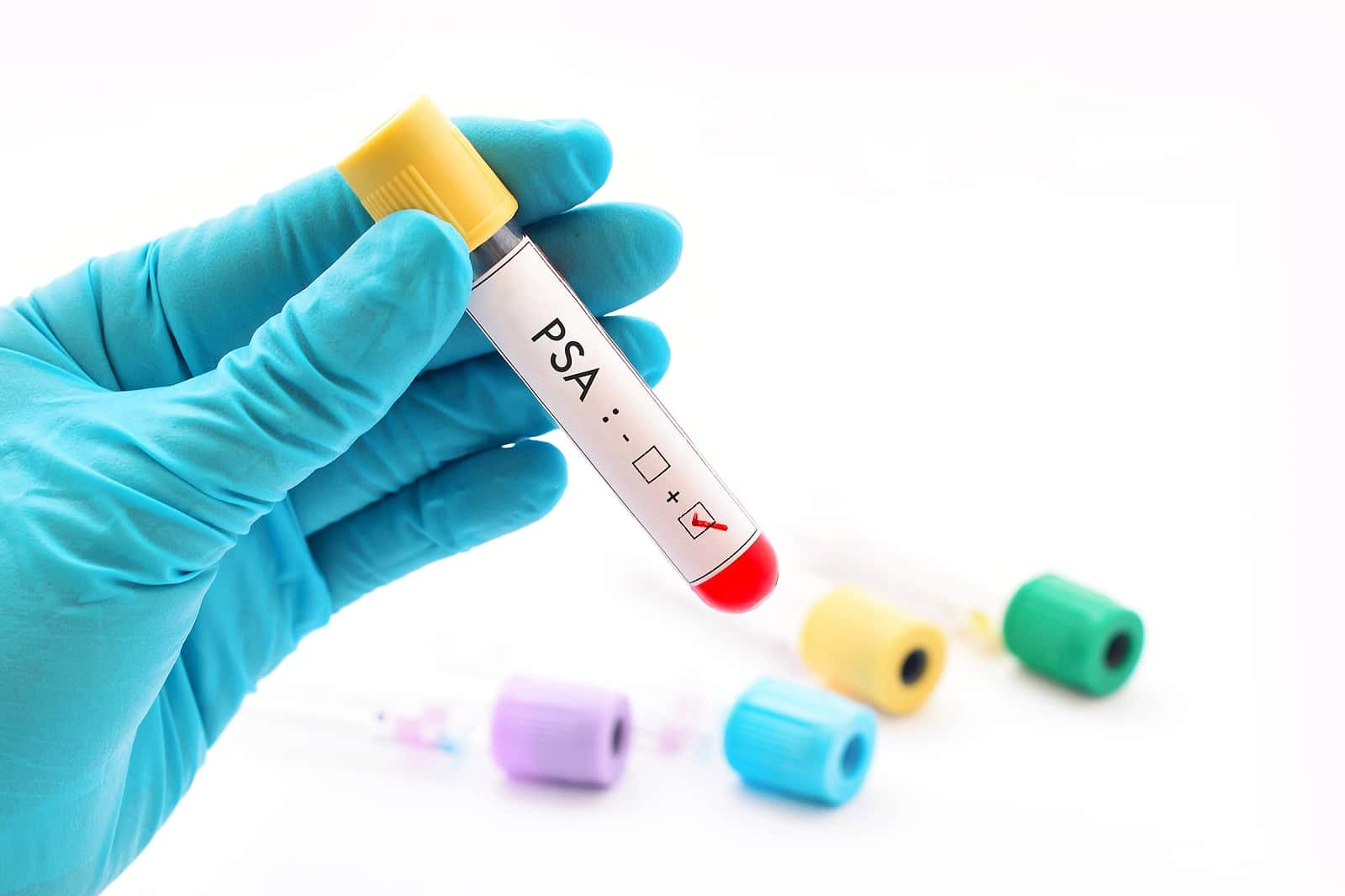
Prostate cancer is surprisingly common. About 300,000 men will be diagnosed this year. That is about 1 out of every 8 men in the US! Over 35,000 will die from this malignancy. As a prostate cancer survivor myself, this is personal. What can cause prostate cancer? In my case I do not have genes that predispose me to prostate cancer according to a genetic testing program I participated in. But my uncle Leo did have prostate cancer, and it killed him in his 90s. He was also a farmer! And I used to play in a cornfield in our backyard. Did pesticides in that cornfield have anything to do with prostate cancer?
Can Pesticides Cause Prostate Cancer?
The latest research on pesticides and prostate cancer was published in the journal Cancer (Nov. 4, 2024).
The authors began to wonder if pesticides cause prostate cancer because:
“The geographic variation in prostate cancer incidence and mortality suggests that regional environmental factors, such as pesticide exposure, may contribute to the development of prostate cancer.
“We sought to explore county‐level associations among 295 pesticides and prostate cancer incidence across counties in the contiguous United States. We conducted an environment‐wide association study (EWAS) to investigate reported pesticides.”
Why would some counties have a much higher incidence of prostate cancer than other counties in the US? We normally think of farming as a healthy occupation. But it turns out that faming is a risk factor for prostate cancer (American Journal of Men’s Health, Sept. 4, 2012).
Genes Plus Pesticides Cause Prostate Cancer:
Some men are more susceptible to prostate cancer if there is a family history for this kind of malignancy. If you add pesticides to the mix, watch out!
A study published in the journal Environmental Research (Nov. 15, 2023) reports:
“Our study provides evidence that men with greater genetic susceptibility to prostate cancer may be at higher risk if they are also exposed to pesticides and suggests potential mechanisms by which pesticides may increase prostate cancer risk.”
Numerous Pesticides Cause Prostate Cancer:
Researchers reported that 22 pesticides were associated with prostate cancer incidence. Four of the pesticides were associated with a higher risk for death due to prostate cancer. Three were herbicides and one was an insecticide. The authors encourage public health officials to consider environmental exposure to pesticides as a potential risk factor for prostate cancer.
The authors conclude:
“These findings suggest that pesticide exposure may contribute to variations in prostate cancer incidence and mortality, highlighting the need for further research into the potential health effects of these specific classes of pesticides. Public health efforts to reduce the burden of prostate cancer should consider pesticides as environmental exposures that may contribute to the incidence of, and mortality related to, prostate cancer.”
What Else Can Cause Prostate Cancer?
Birthdays! The older men get, the greater their risk for prostate cancer. Ethnicity also matters. Black men are at higher risk than Asian men. White men are somewhere in between. Genetics also counts. There are certain genes that make men more susceptible to prostate cancer just as there are certain genes that make women more susceptible to breast cancer.
Diet also contributes to prostate cancer, although this is somewhat controversial. A high-calcium diet that includes lots of dairy products has been implicated. Processed and red meat may also pose a problem. Dr. Charles “Snuffy” Myers was a renowned prostate cancer clinician before he retired. Dr. Myers was a champion of the Mediterranean-style diet to deter prostate cancer.
Final Words:
Be careful around chemicals, especially insecticides and herbicides. That’s especially true if there is a family history of prostate cancer or a genetic test reveals a vulnerability. If you want to learn a lot more about prostate cancer, please check out our podcast:
“Show 1382: What You Need to Know About Prostate Cancer”
We interviewed two brilliant prostate cancer doctors and talk about a clinical trial that I participated in. They discuss the latest treatments.
Please share your own experience in the comment section below.

